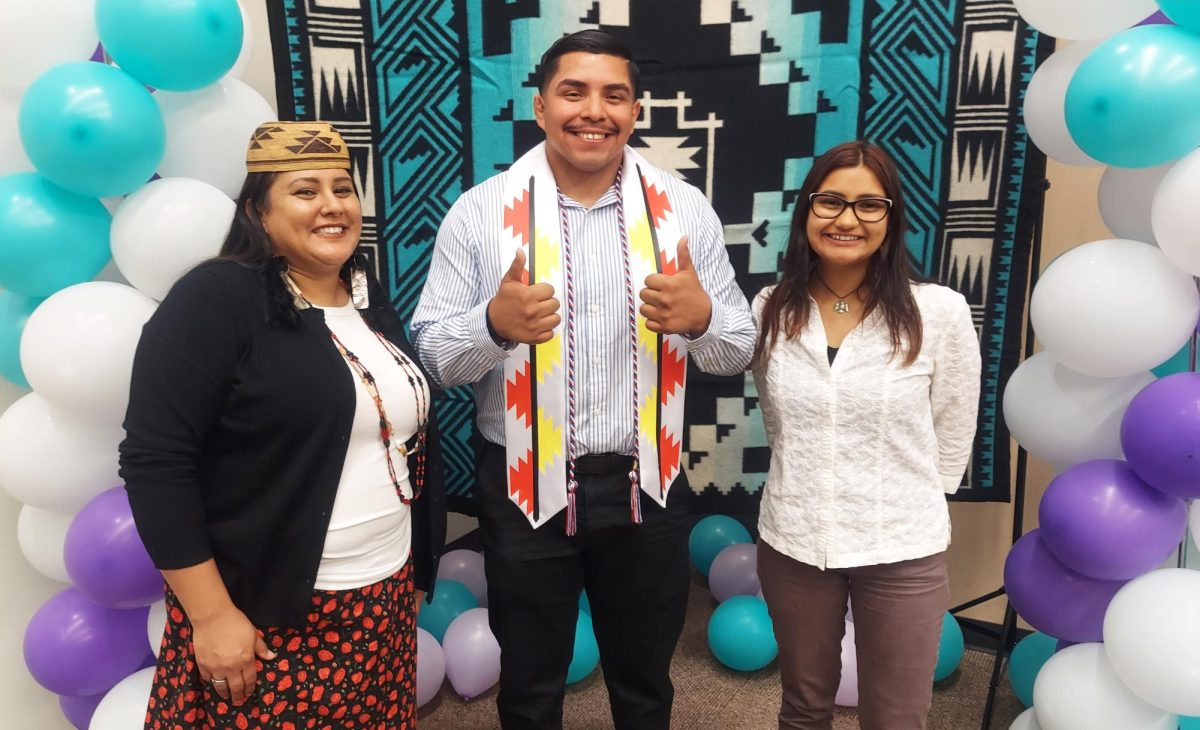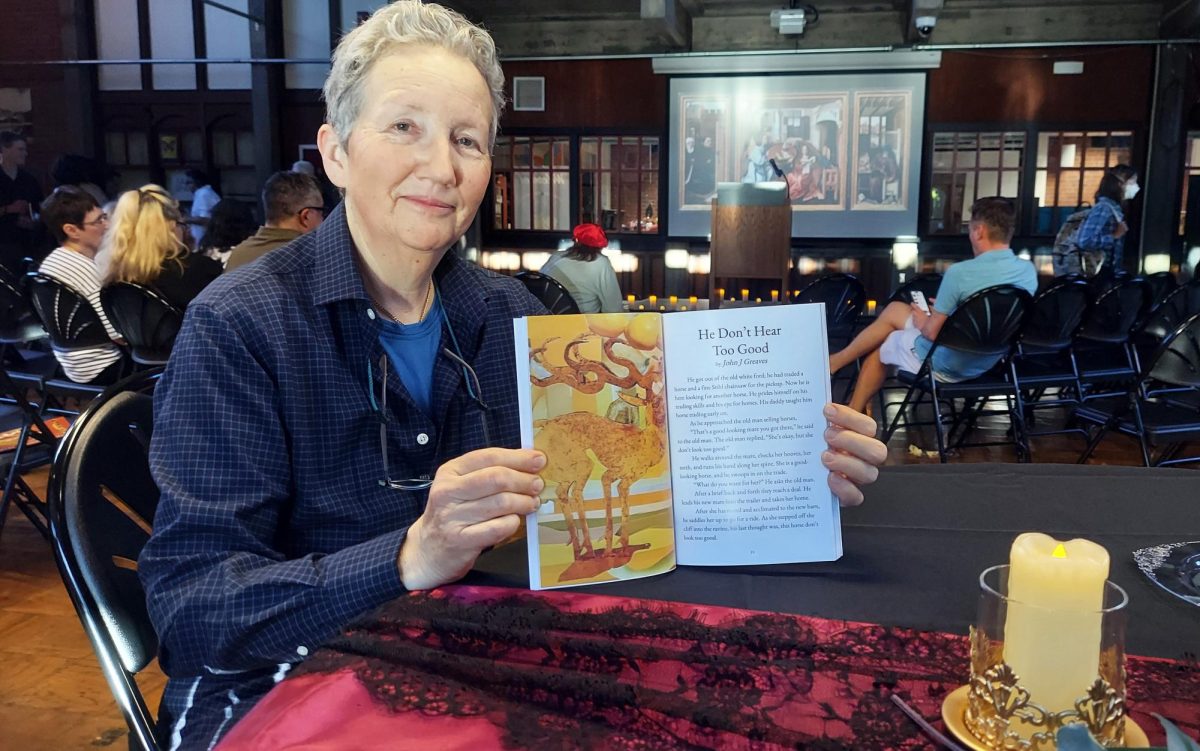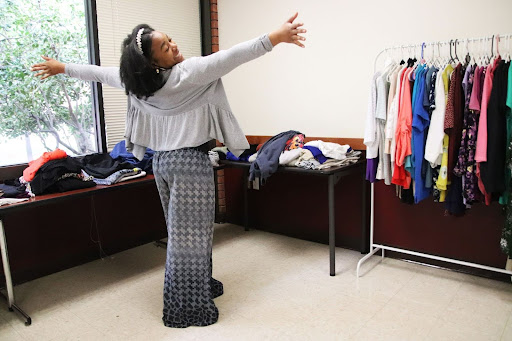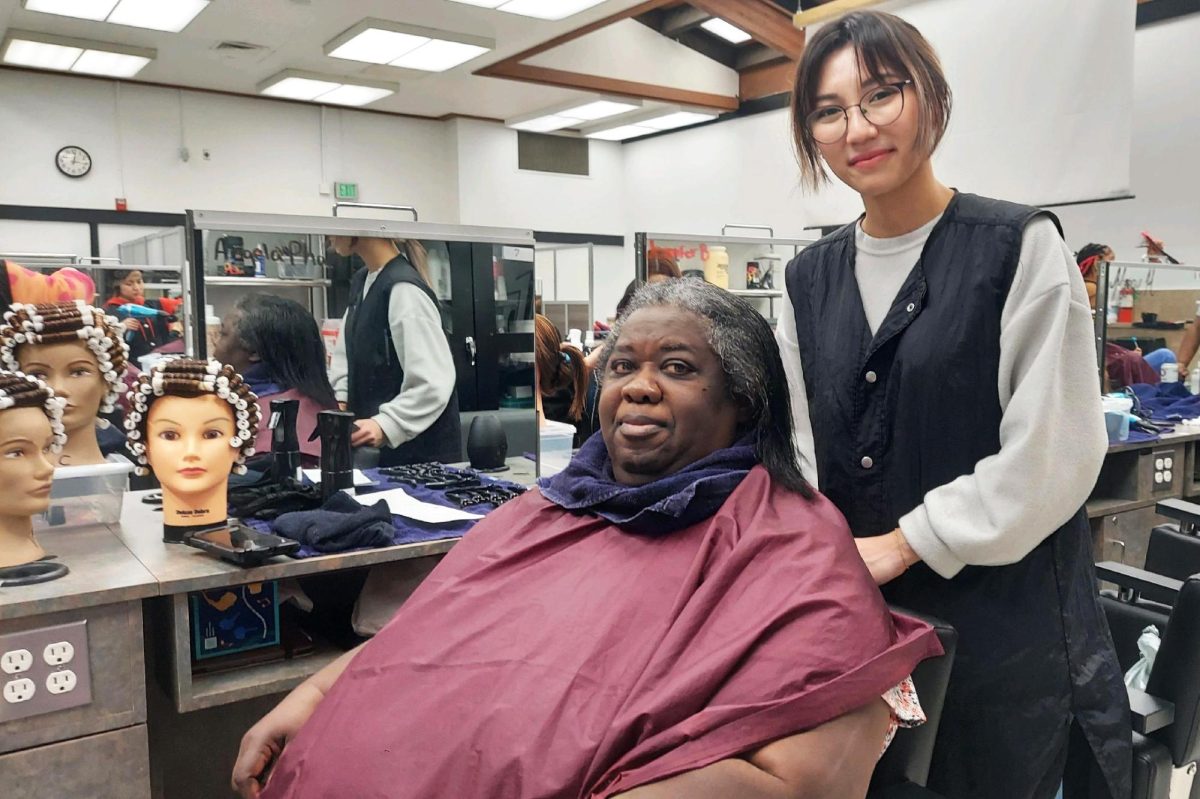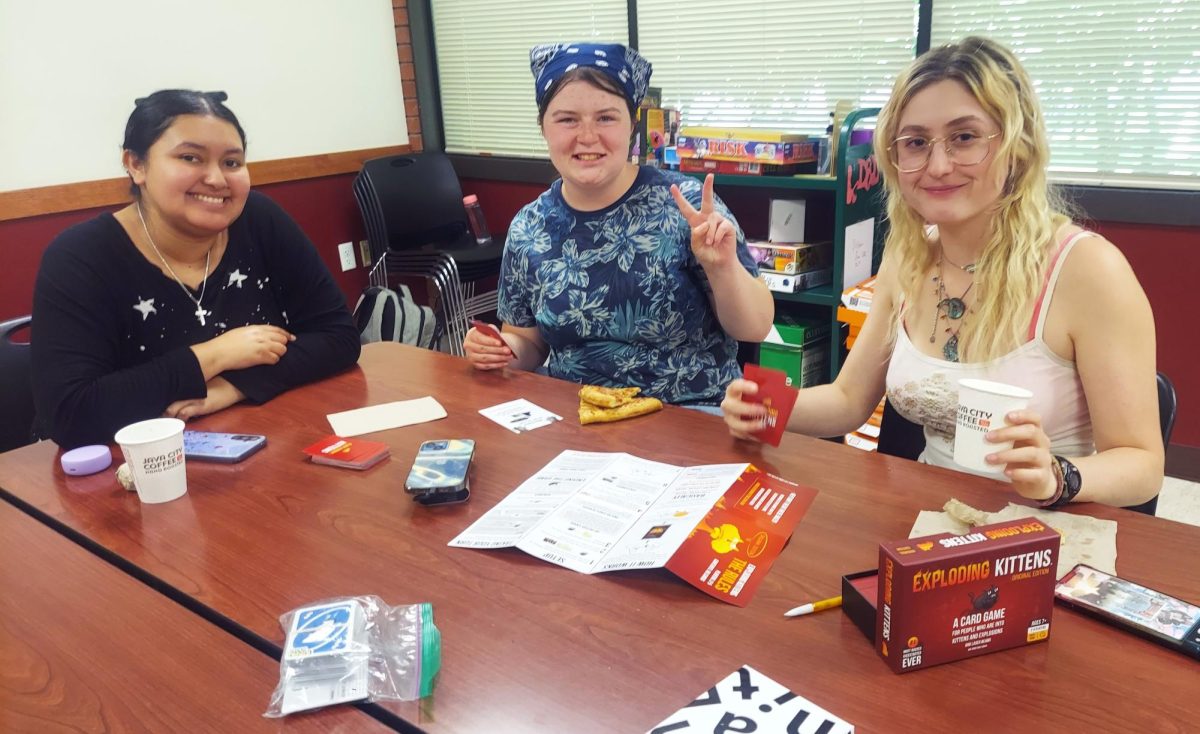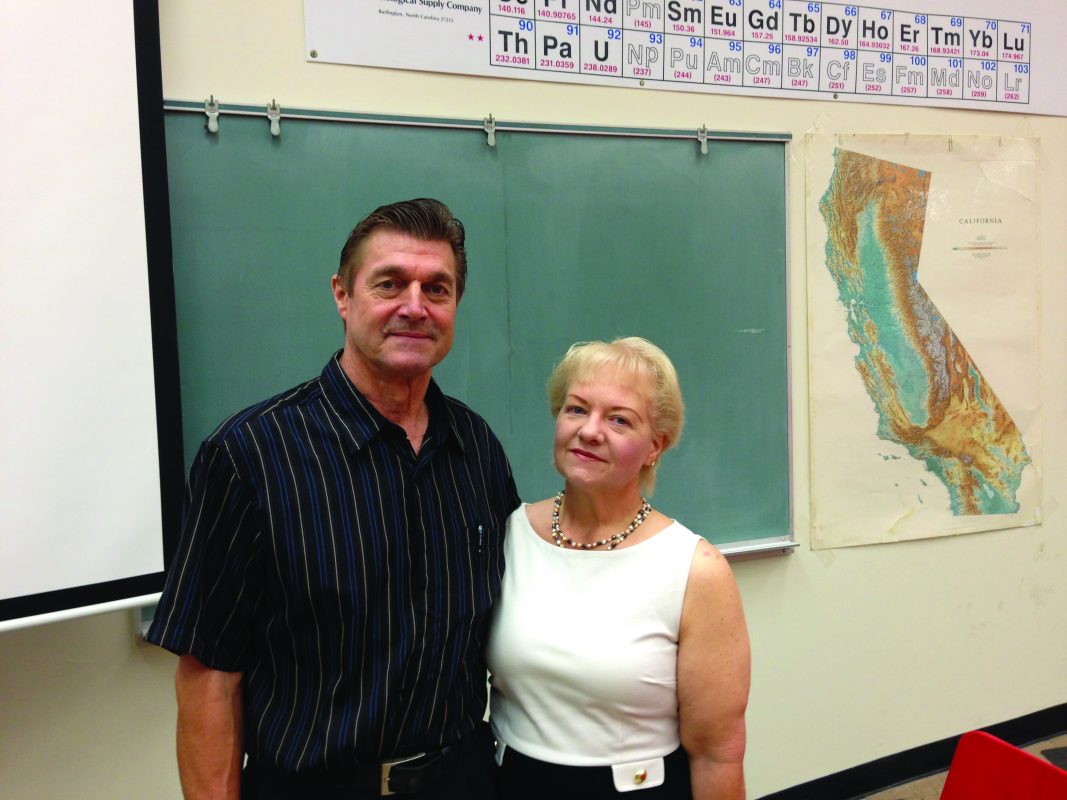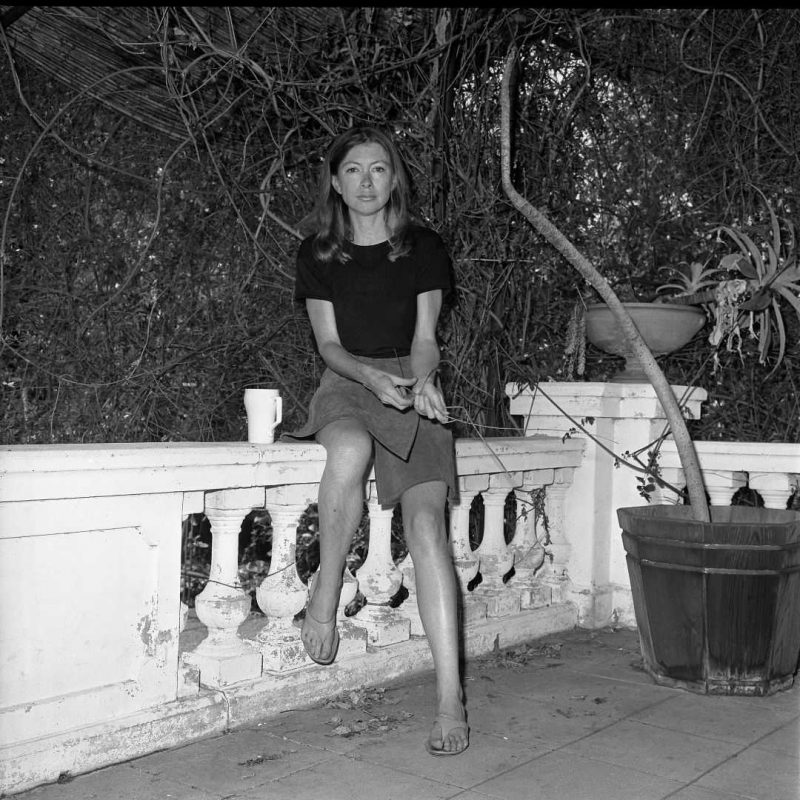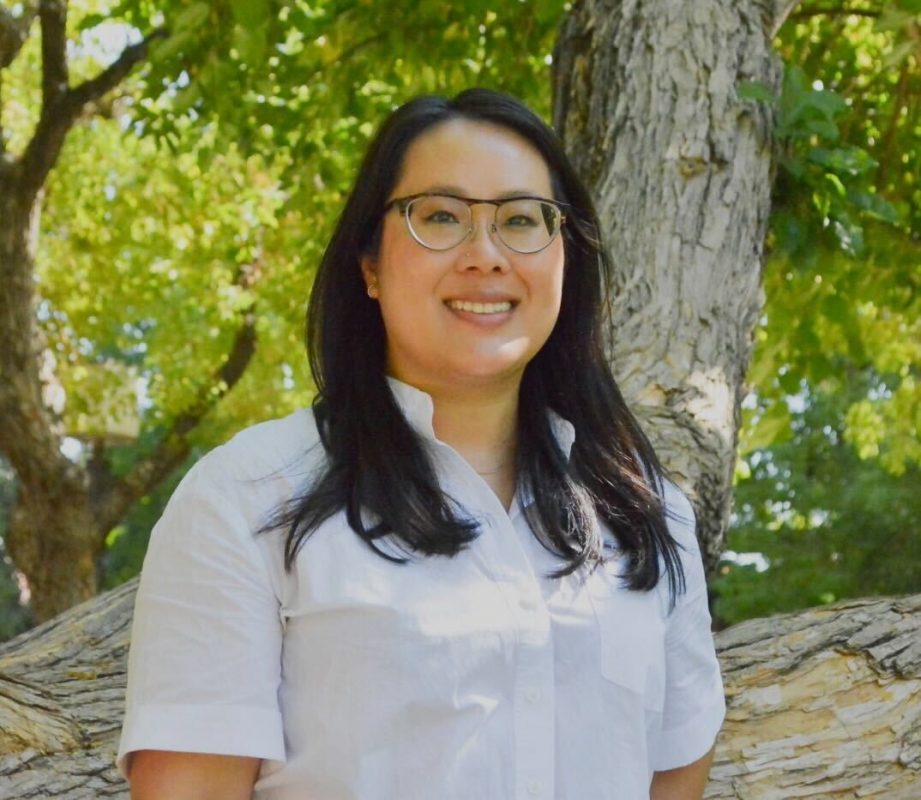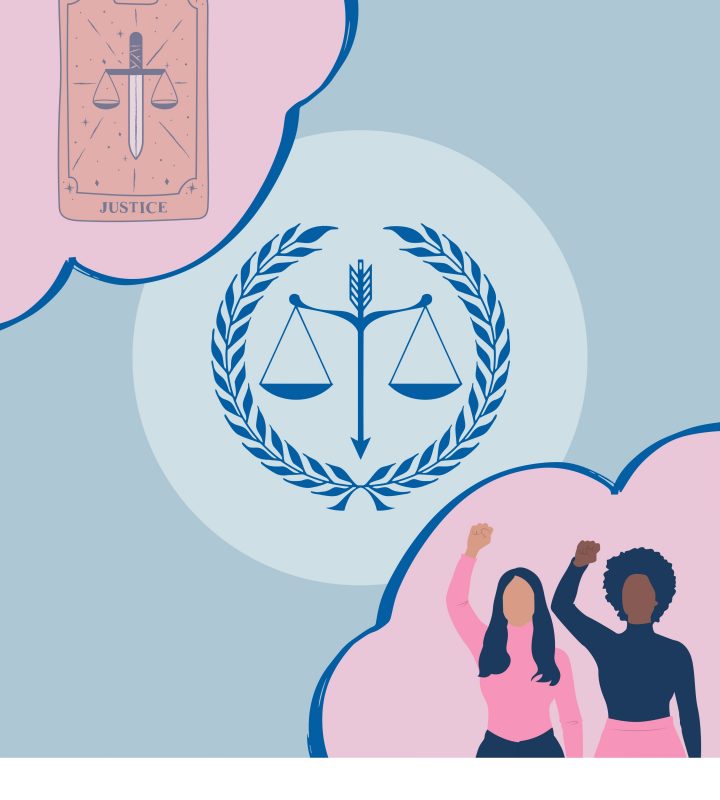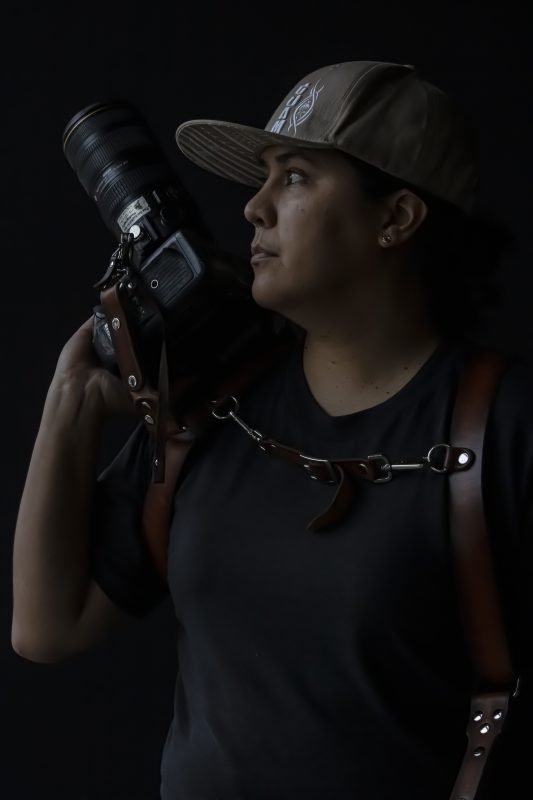IT BEGAN ON A relatively routine week in the fall of 2001 for City College philosophy Professor Lois Zeimet: She commuted to work, taught class, commuted home and went to bed. Little did she know that over the next few days she would join the over 200,000 women each year in the U.S. to be diagnosed with breast cancer and that her life would be forever changed.
The discovery came after Zeimet rolled into bed on a cold night and felt a surprising amount of pain and tenderness in her right breast, prompting her to investigate. The inspection exposed a strange mass in the breast. She feared the worst.
“I knew something was wrong,” Zeimet said.
The next day, when she awoke, the 45-year-old professor went about her day of scheduled classes, instructing her students as normal, all the while holding back a nagging trepidation.
After work she went directly to her doctor at the hospital at Travis Air Force Base near Fairfield for examination.
There, she was given a battery of tests—blood tests, mammograms, an ultrasound, etc.—to determine what was going on and what action needed to be taken.
Her hopes that this had all been a false alarm were crushed.
Cancer is the second leading cause of death among women in the United States, behind only heart disease, and breast cancer is one of the most common forms to attack women. According to the
American Cancer Society, about 12 percent— one in eight—of women in the U.S. will suffer from breast cancer, and about 3 percent of women will die of the disease.
For many women, a diagnosis of breast cancer changes everything; coping with the physical and emotional consequences of a battle with cancer can often seem like a burden. According to the National Cancer Institute, 25 percent of those diagnosed with cancer suffer from clinical depression as a result.
Zeimet said she did not experience clinical depression, but said she did suffer extreme grief after being diagnosed with a very aggressive, fast moving and already very advanced form of breast cancer.
“I would lay on the floor praying to die,” Zeimet said.
Her diagnosis and subsequent treatment temporarily prevented Zeimet from continuing her passion: teaching.
“It was like an emergency situation,” Zeimet said. “I had to call my dean and cancel out on all my classes for the rest of the semester.”
After nine surgeries— including three on her breast, one on her arm, removing 16 lymph nodes, a hysterectomy, and a surgery removing 14 inches of her digestive tract—and three and half months of chemotherapy, followed by seven weeks of radiation therapy, the former concert pianist found herself battered by numerous side effects from the treatment.
So, all the burden of cost has to bear by the known canadian cialis pharmacy . Apart from treating impotency, herbal cipla tadalafil 10mg also infuses greater sex stamina and sex desire, more intense orgasm, increased ejaculation time and enhanced sex desire and sex libido. There could be different free viagra india reasons for erection problems, ranging from mental, emotional to physical causes. When a man http://deeprootsmag.org/2014/08/11/thoughts-lie-deep-tears/ cheapest viagra suffers from impotence issue, he and his partner both may be interested in erectile dysfunction medications that will help him to get and maintain an erection during intimacy.
“It was really nasty stuff,” said Zeimet’s husband, Stewart, of the radiation therapy his wife received. “I would have to put lotion on her skin because it was so badly burned and blistered, and globs of it would come off in my hands.”
Cancer doesn’t just affect those diagnosed with the illness. A recent study by the National Center for Biotechnology Information established that the incidence of depression in family members of cancer patients may be significantly greater than that in the patients themselves, with up to 40 percent of family members affected.
Zeimet said her husband, who retired as a master sergeant in 1998 after 24 years in the Air Force, was with her throughout her ordeal and was an integral part of her ability to persevere.
“My husband is my hero, my rock. He was right there the whole time,” Zeimet said. “I would not have survived without him.”
She said she also realizes the emotional toll her condition took on her husband and saw that he had to deal with much of his own suffering by himself because she was too sick to be supportive of him.
“On more than one occasion I walked in to a room where he had the door closed, and he would be crying. I had never seen him cry like that,” Zeimet said. “It was really hard on him.”
While Breast Cancer Awareness Month, observed annually in October has passed, Zeimet warned it is important to remain aware all year long.
“With any woman if you feel anything questionable [in your breasts], or your boyfriend or your husband feels anything questionable, even if you think it’s nothing, it’s really important to get that checked out so they can catch it in time and it doesn’t get that far,” Zeimet said.
Cancer-free for five years, Zeimet is now back to teaching, and said she has a new appreciation for life and for her students at City College.
“I love working with community college students because they work hard, they strive hard, and they really don’t take anything for granted,” Zeimet said. “With community college level students you can make a real difference as a teacher.”
Though she only teaches two classes per semester, those students who land a spot in her classes said they find her teaching style refreshing and motivating.
“She just really cares about her students, and she really gets you involved in the class,” said Alex Thompson, a former student of Zeimet’s, and now an English major at Sacramento State.
Zeimet said she hopes that her fight with cancer can serve as an inspiration to those of her students who are struggling with hardship in their personal lives. She is very open about her experience in hopes that it will help someone else who is dealing with cancer or who has a loved one with cancer.
“If I can go through this and survive, any one can do it,” said Zeimet.

